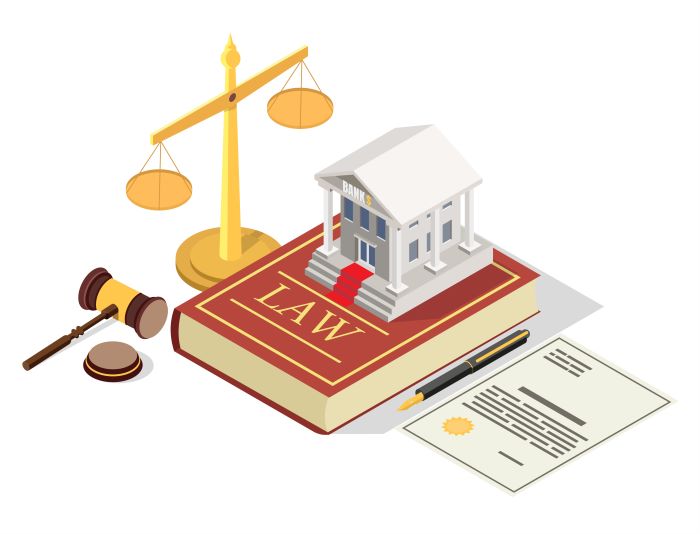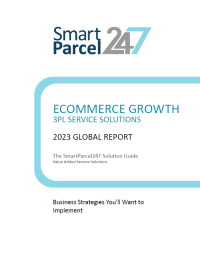In today’s digital age, commerce has expanded beyond traditional brick-and-mortar stores. E-commerce is booming, providing entrepreneurs with a golden opportunity to start and grow their businesses online.
If you’re considering venturing into the world of e-commerce, there are several essential steps you need to take to ensure that your business operates legally and successfully. In this article, we’ll walk you through the critical legal elements you need to consider when starting an e-commerce business.
1. Define Your Business Idea
Defining your idea is the first and most crucial step in starting any business. What products or services do you want to sell online? Is there a demand for these products or services in the market?
Conduct thorough market research to determine the viability of your idea. Identify your target audience and understand their needs, preferences, and buying habits. This foundational research will help you shape your business concept and set you on the right path to success.
2. Create a Business Plan
A well-thought-out business plan is your roadmap to success. It should outline your business goals, strategies, and financial projections. Here are some key elements to include in your e-commerce business plan:
- Business Goals: Define both short-term and long-term goals for your business.
- Target Audience: Clearly describe your ideal customers and their demographics.
- Marketing Strategies: Detail your plans for reaching and attracting customers.
- Financial Projections: Estimate your startup costs, revenue projections, and cash flow.
A solid business plan will guide you, help you secure funding if needed, and attract potential partners or investors.
3. Obtain Necessary Licenses and Permits
To operate legally, you must have the required licenses and permits.
Regulations can vary depending on your location and the nature of your business. Check with your city, county, and state authorities to identify the specific licenses and permits your e-commerce business needs. This step is essential to avoid potential legal issues down the road.
4. Register Your Business
Registering your business is also a critical legal step. It properly ensures you comply with tax and legal requirements.
Depending on your business structure (sole proprietorship, LLC, corporation, etc.), you may need to register with the appropriate government agencies. This often involves obtaining an Employer Identification Number (EIN) from the IRS and filing a “Doing Business As” (DBA) name if your business operates under a different name than your legal name.
5. Set Up Dedicated Finances
Separate your business and personal finances by opening a dedicated business bank account. This makes it easier to track income and expenses, simplifies tax reporting, and adds a layer of professionalism to your business.
You may also want to consider using accounting software to manage your finances efficiently and to help you stay organized from the start.
6. Choose an eCommerce Website Builder
Your online store is the face of your business, so choosing the right e-commerce platform is crucial. Select a platform that aligns with your needs and budget while allowing you to create a professional and user-friendly website.
Popular options for e-commerce platforms include Shopify, WooCommerce, BigCommerce, and Wix. Take advantage of your platform’s features to effectively showcase your products or services and provide a seamless shopping experience.
7. Source Your Products or Services
Decide how to source or create the products or services you plan to sell. This may involve manufacturing your products, sourcing from wholesalers or suppliers, or utilizing drop-shipping services.
Also consider factors such as product quality, pricing, and shipping times when selecting your suppliers. Building strong supplier relationships is essential for the long-term success of your e-commerce business.
8. Market to Online Customers
Marketing is the engine that drives traffic and sales to your e-commerce store. Develop a comprehensive marketing strategy that encompasses various channels and tactics, such as:
- Social Media Marketing: Use platforms like Facebook, Instagram, and Pinterest to reach and engage your target audience.
- Search Engine Optimization (SEO): Optimize your website for search engines to improve organic visibility.
- Email Marketing: Build an email list and send targeted campaigns to nurture customer relationships.
- Pay-Per-Click (PPC) Advertising: Use platforms like Google Ads to drive traffic through paid ads.
Consistency and creativity in your marketing efforts will help you stand out in the competitive e-commerce landscape.
9. Ensure Legal Compliance
eCommerce businesses are subject to various laws and regulations, including consumer protection laws, privacy policies, and data security requirements.
Familiarize yourself with these legal obligations to protect your business and customers. Consulting legal professionals or experts in e-commerce law is also a good idea to ensure full compliance.
10. Consider Logistics and Fulfillment
Handling logistics and fulfillment effectively is vital to providing a positive shopping experience for your customers. Decide how you will manage shipping, returns, and customer service.
Depending on your business model, you can partner with shipping carriers, use third-party logistics (3PL) services, such as Smart Parcel 24/7, or manage fulfillment in-house. Make sure to communicate clear and transparent shipping policies to your customers to build trust and satisfaction.
Starting an e-commerce business can be a rewarding venture when done correctly. By following these essential steps and staying informed about legal requirements, you’ll be well-prepared to establish a successful online presence.
Remember that success in e-commerce takes time and dedication, so stay focused on your goals and continuously adapt to the evolving digital landscape. With determination and the right approach, your e-commerce business can thrive and provide valuable products or services to your target audience.



